As an athlete, you know that injuries can be a frustrating setback in your pursuit of athletic excellence. Injuries can leave you sidelined for weeks or even months, whether sprained ankle, a torn ligament, or a broken bone. While getting proper medical treatment for a sports injury from Dr. Steven Ferrer is crucial, the road to recovery does not end there.
After-care is often overlooked but is an essential part of the healing process. Proper after-care can help you recover faster, reduce the risk of re-injury, and even come back stronger than before. This article will explore some important after-care tips for sports injuries that can help you recover more quickly and effectively.
Follow Your Doctor’s Recommendations
Following your doctor’s recommendations is one of the most important steps to ensure a successful recovery from a sports injury. Your healthcare professional has the expertise and experience to provide personalized after-care instructions tailored to your injury and circumstances.
By following these instructions carefully, you can help promote healing, reduce the risk of complications, and optimize your chances of a full and speedy recovery. So, whether attending physical therapy sessions or taking medications as prescribed, follow your doctor’s recommendations at every step.
Rest and Recovery
Rest and recovery are crucial components of the after-care process for sports injuries. Depending on the type and severity of your injury, you may need to take time off from sports or other physical activities to allow your body to heal properly.
During this time, your body will focus on repairing the damaged tissues, reducing inflammation, and strengthening the affected area. Taking the necessary time to rest and recover can reduce the risk of further injury and promote faster healing.
Nutrition and Hydration
Eating a balanced diet rich in essential nutrients can fuel your body to repair and rebuild damaged tissues. Adequate hydration is important for maintaining optimal bodily functions and promoting overall health.
Depending on your injury and individual needs, your healthcare professional or a registered dietitian may recommend specific foods, supplements, or hydration strategies to support your recovery. You can optimize your body’s healing process by choosing proper nutrition and hydration.
Gradual Return to Activity
Suppose you have completed your rest and recovery phase and feel ready to return to sports or other physical activities. It is important to do so gradually and under the guidance of your healthcare professional or physical therapist.
Starting with light activity and gradually increasing the intensity and duration over time can help prevent re-injury and promote a safe return to your pre-injury activity level. Your physical therapist may also guide how to modify your activity level to avoid exacerbating your injury and to help prevent future injuries.
Practice Good Sleep Habits
Good sleep habits are essential for injury recovery, as sleep plays a vital role in your body’s repair and healing processes. Getting plenty of restful sleep each night can help reduce inflammation and promote tissue repair, essential for a successful recovery from a sports injury.
You should aim to get at least 7-8 hours of sleep each night and practice good sleep hygiene habits. You can initiate good sleep habits by establishing a relaxing sleep environment and a regular sleep schedule. Also, avoid drinking caffeine and alcohol and limit screen time before bedtime.
If you want to return to your favorite sports activity faster and with more resilience after an injury, ensure proper after-care. By taking an active role in your recovery and committing to after-care, you can regain strength and function and reduce the risk of re-injury.
It is important to listen to your body during this phase and avoid pushing yourself too hard. Remember that returning to full activity may take time, and being patient and persistent in your efforts to regain strength and function is essential. If you feel overwhelmed, consider seeking support from friends, family, or sports injury support groups.

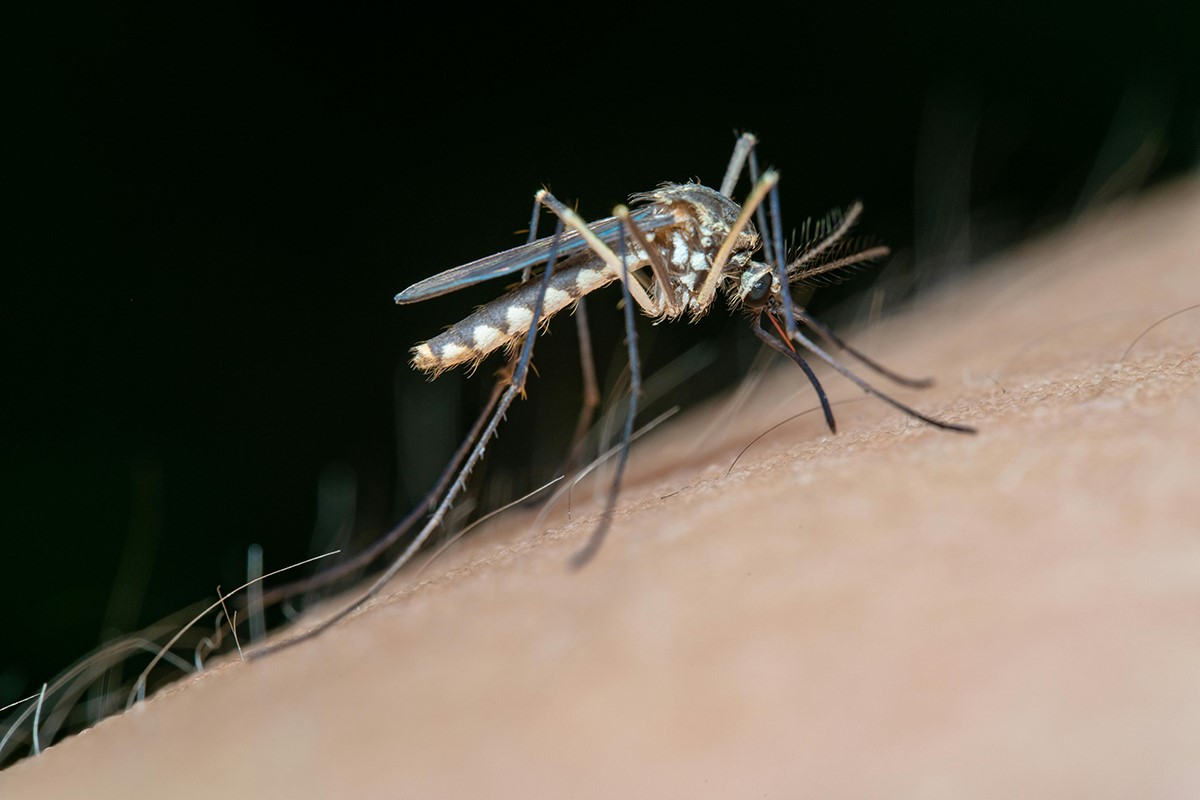
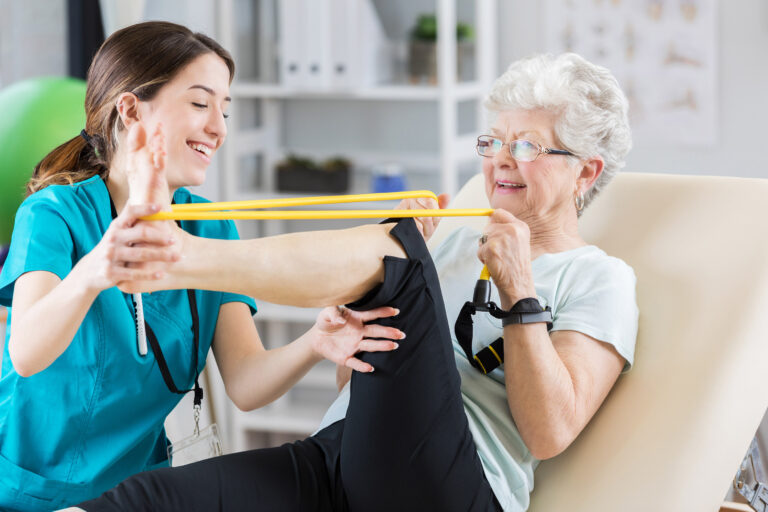
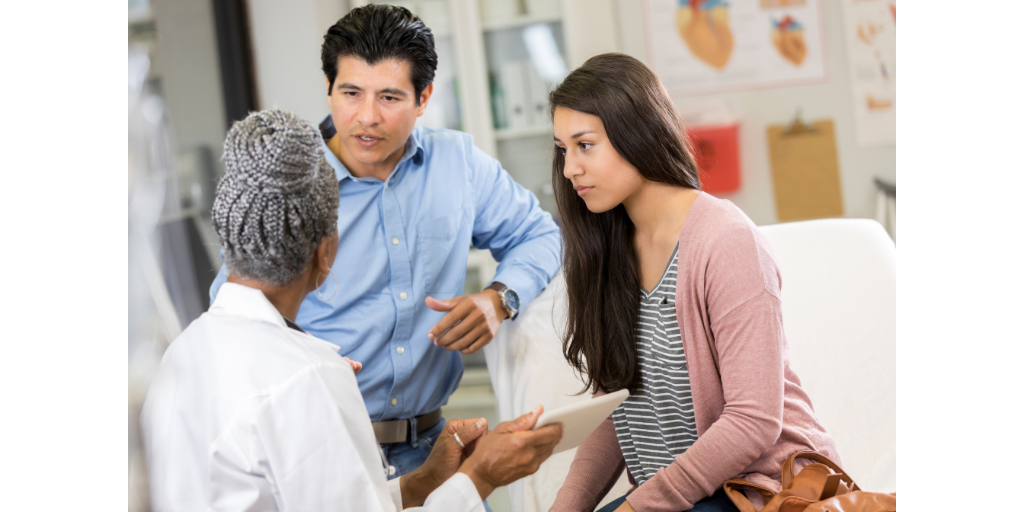

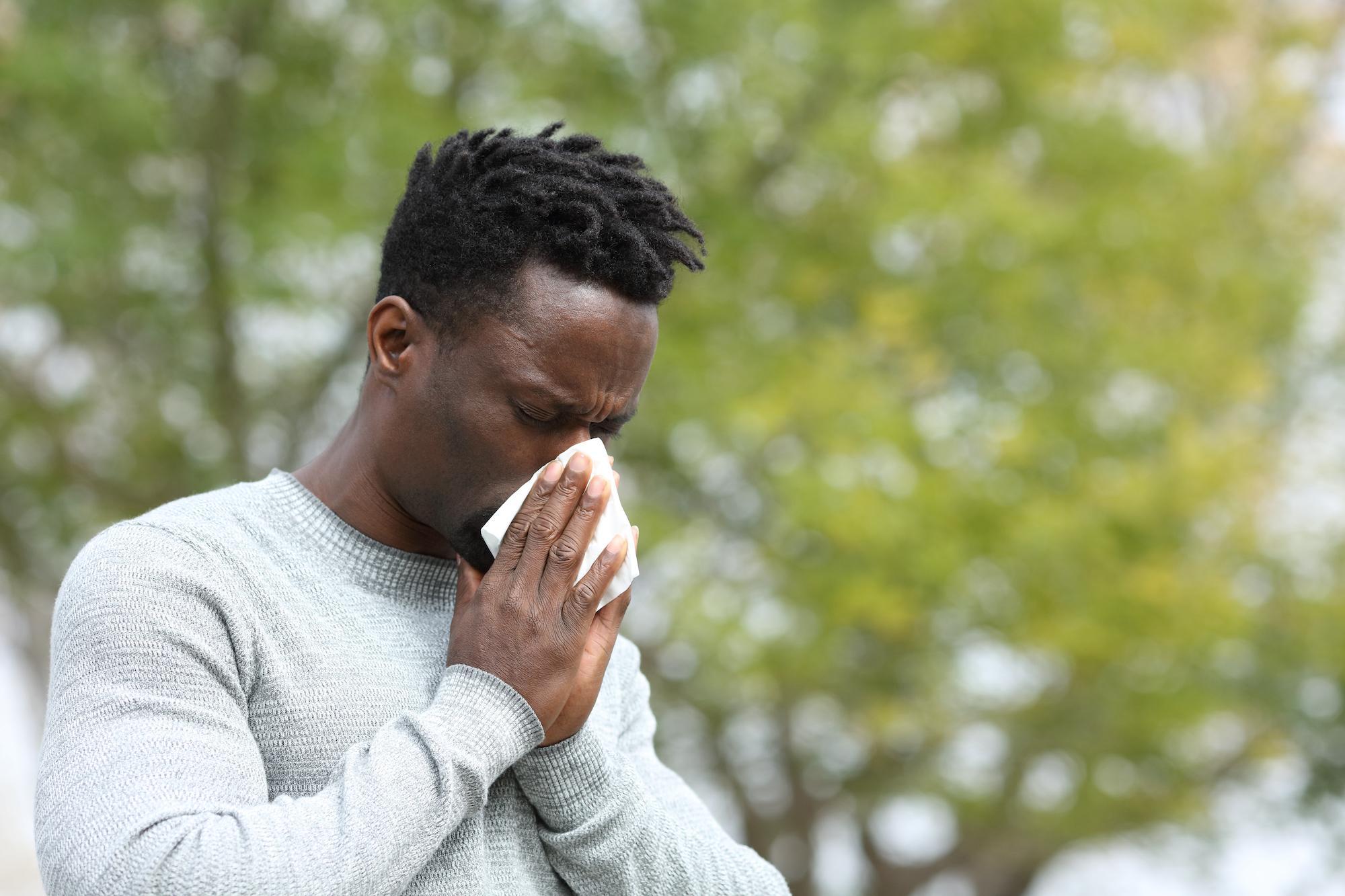
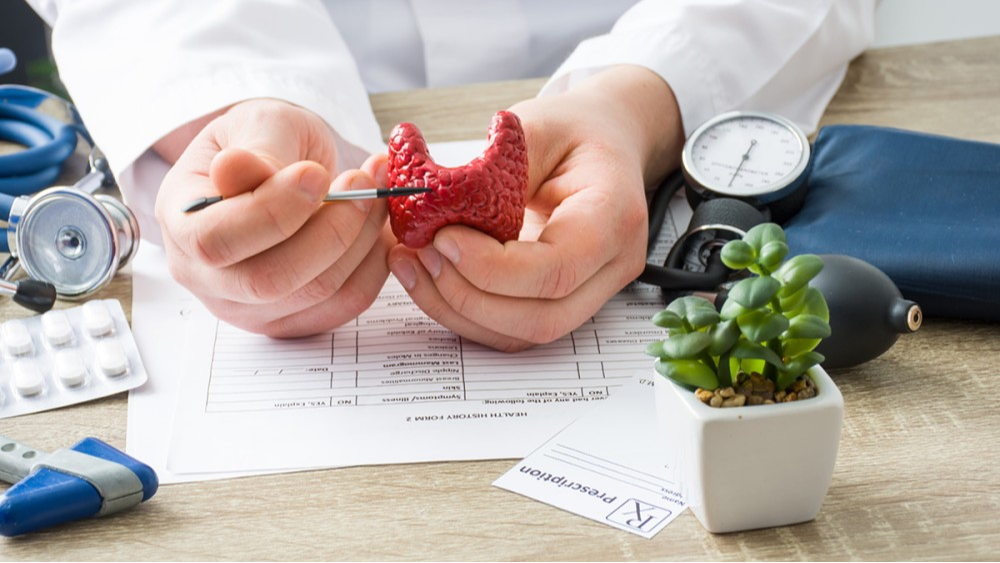
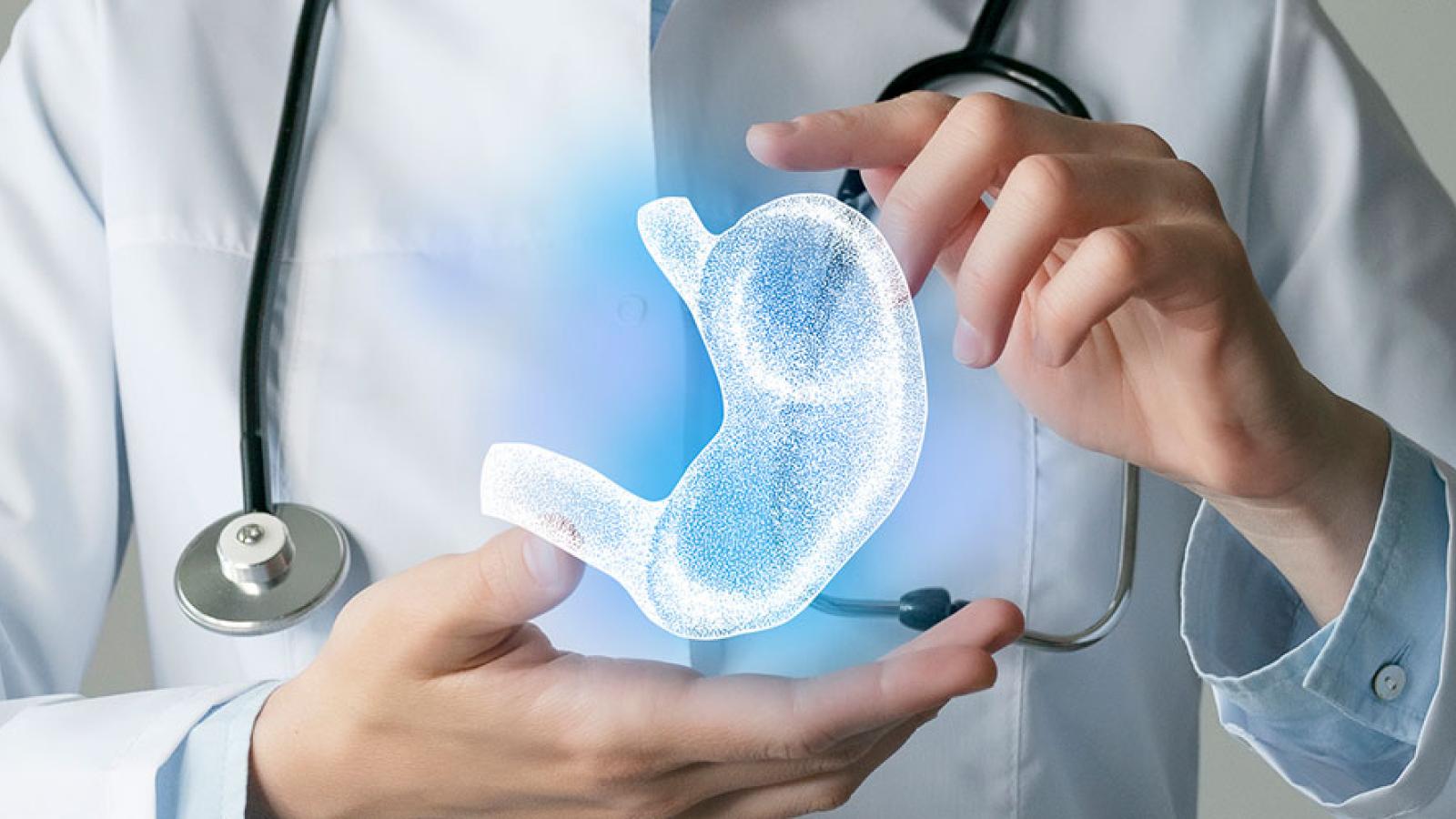
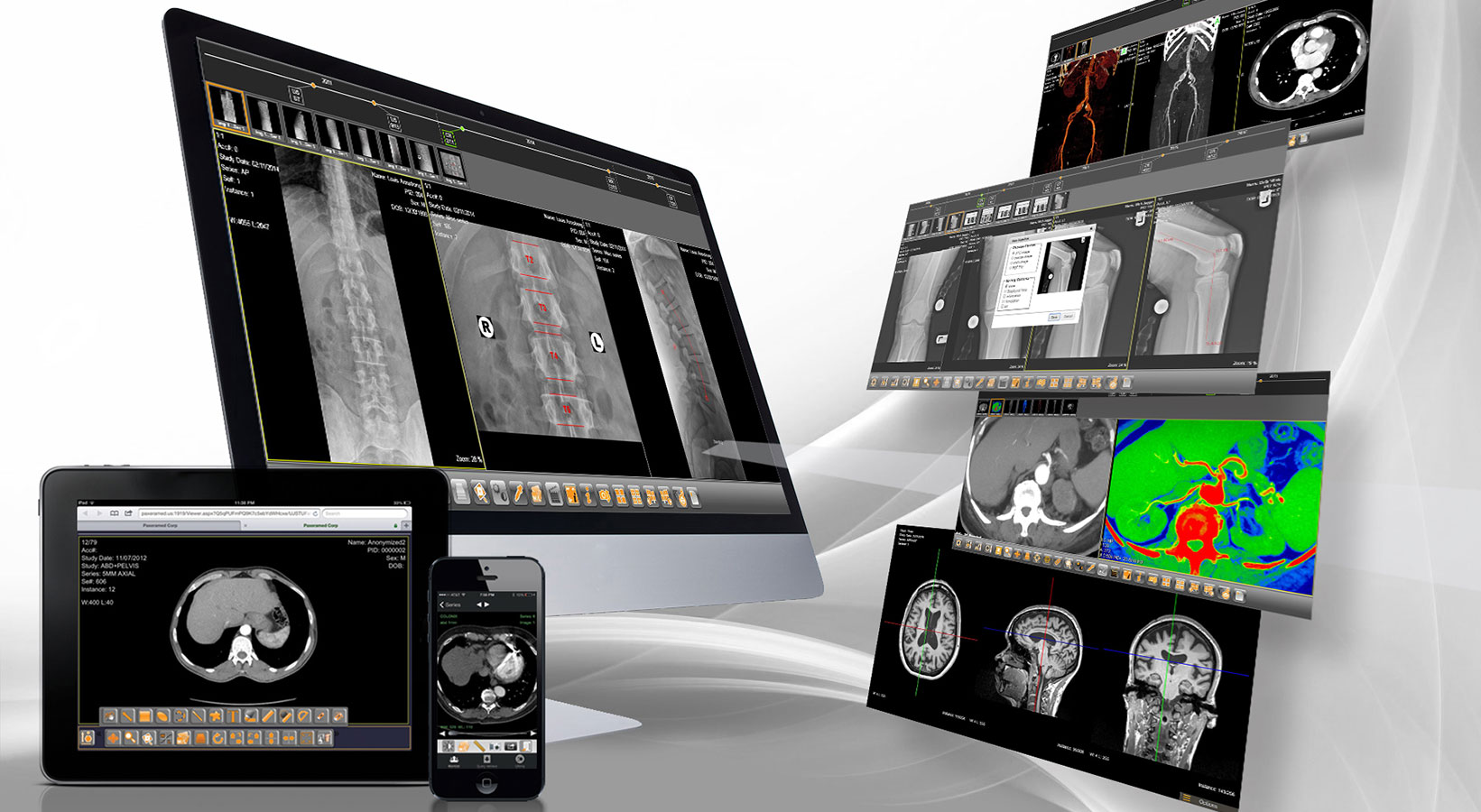


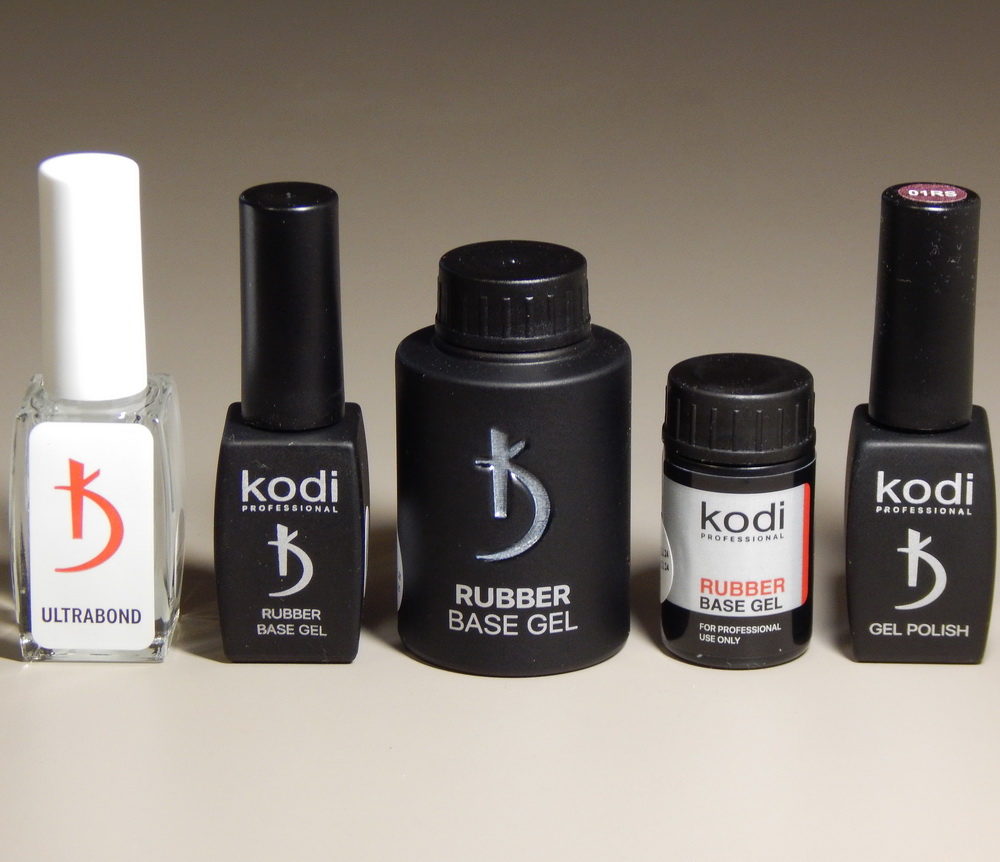
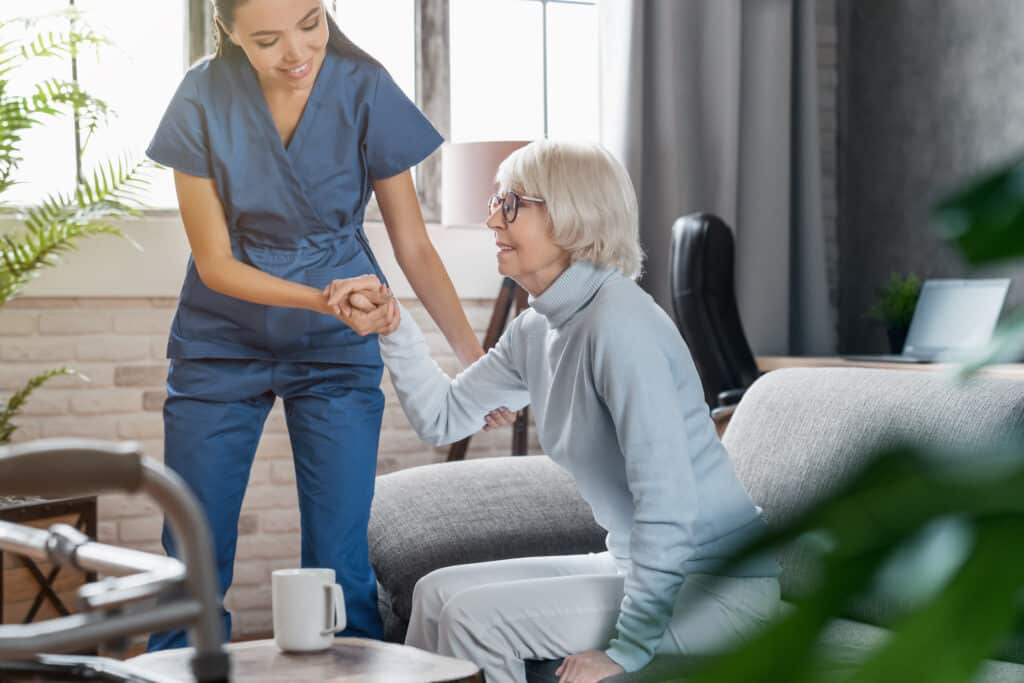

Leave a Reply